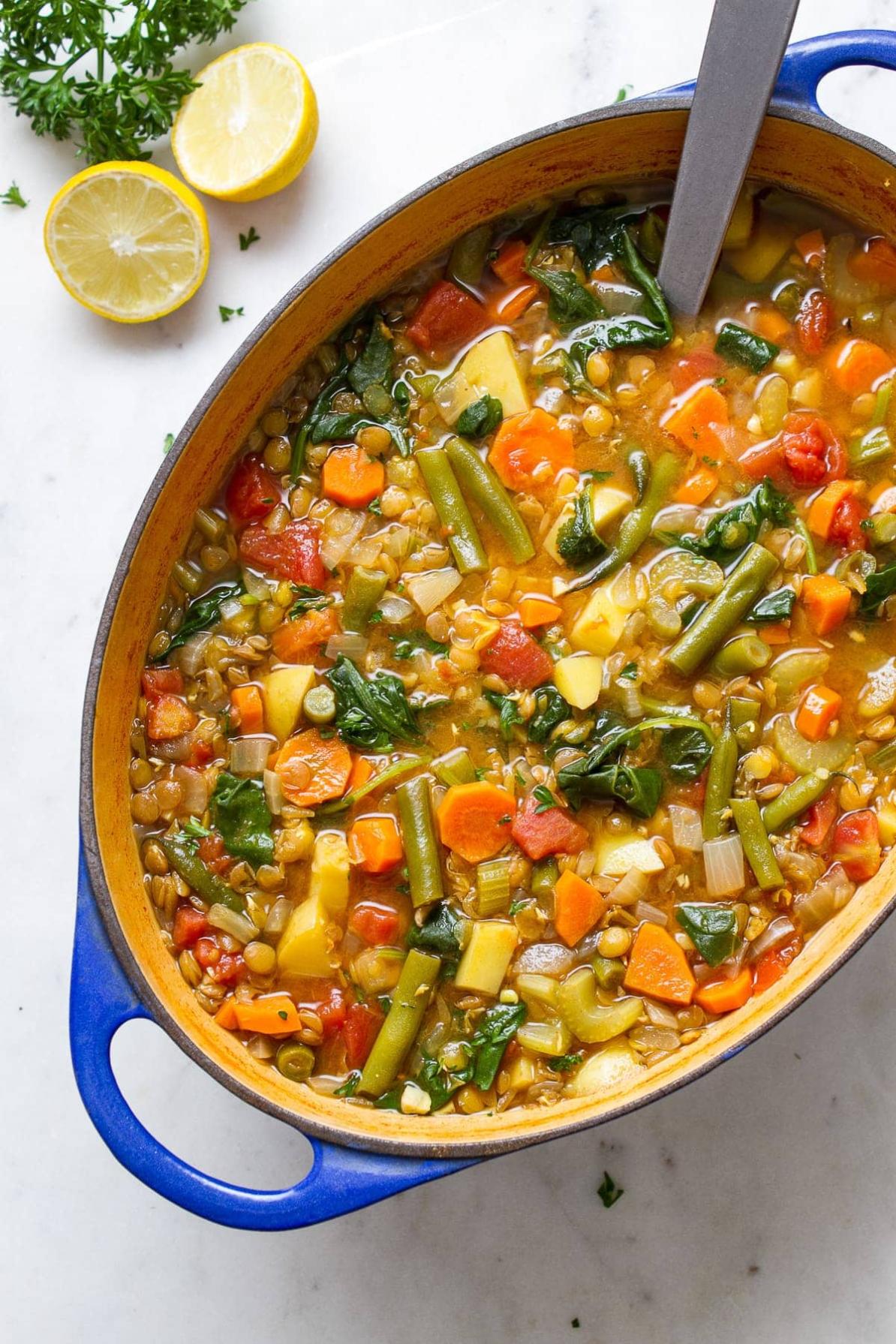How Can I Make Vegetarian Recipes More Nutritious and Balanced?
Adopting a vegetarian diet offers numerous health benefits, including reduced risk of chronic diseases, improved heart health, and better weight management. However, it's essential to ensure that your vegetarian diet is balanced and nutritious to meet all your body's needs.

Understanding Nutritional Needs:
Essential Nutrients For Vegetarians:
- Protein: Building and repairing tissues, producing enzymes and hormones.
- Iron: Carrying oxygen throughout the body, producing red blood cells.
- Calcium: Strengthening bones and teeth, regulating muscle function.
- Vitamin B12: Producing red blood cells, maintaining nerve function.
- Omega-3 Fatty Acids: Supporting heart and brain health, reducing inflammation.
Incorporating Protein Sources:
Plant-based protein sources are crucial for meeting daily protein requirements.
- Protein-Rich Vegetarian Foods: Beans, lentils, tofu, tempeh, nuts, seeds.
- Combining Protein Sources: Combining different protein sources to create complete protein meals.
Enhancing Iron Absorption:
Vegetarians need to pay special attention to iron absorption due to the lower bioavailability of non-heme iron from plant sources.
- Improving Iron Absorption: Consuming iron-rich foods with vitamin C-rich foods, avoiding calcium-rich foods during iron-rich meals, using cast iron cookware.
Ensuring Adequate Calcium Intake:
Calcium is essential for bone health, and plant-based sources provide valuable calcium.
- Calcium-Rich Vegetarian Foods: Fortified plant-based milks, leafy green vegetables, tofu, fortified cereals.
- Incorporating Calcium-Rich Foods: Including calcium-rich foods in daily meals and snacks.
Addressing Vitamin B12 Deficiency:

Vitamin B12 is crucial for nerve function and red blood cell production, and it's limited in plant-based foods.
- Vitamin B12 Supplementation: Choosing fortified foods and considering a daily vitamin B12 supplement.
Including Omega-3 Fatty Acids:
Omega-3 fatty acids are essential for heart and brain health, and plant-based sources provide valuable amounts.
- Plant-Based Sources of Omega-3 Fatty Acids: Flaxseeds, chia seeds, walnuts, algae-based supplements.
- Incorporating Omega-3 Sources: Including these sources in vegetarian meals and snacks.
Balancing Macronutrients:

A balanced vegetarian diet includes a balance of carbohydrates, proteins, and fats.
- Choosing Whole Grains and Healthy Fats: Selecting whole grains, healthy fats, and low-sugar fruits and vegetables for balanced meals.
- Portion Control and Mindful Eating: Practicing portion control and mindful eating to maintain a healthy weight.
Creating a balanced and nutritious vegetarian diet requires careful planning and attention to essential nutrients. By incorporating a variety of plant-based protein sources, enhancing iron absorption, ensuring adequate calcium intake, addressing vitamin B12 deficiency, including omega-3 fatty acids, and balancing macronutrients, vegetarians can enjoy a healthy and fulfilling diet that supports their overall well-being.
It's always advisable to consult with healthcare professionals or registered dietitians for personalized dietary advice and guidance tailored to your specific needs and preferences.
YesNo

Leave a Reply